NCCCO Crane Operator Certification
What Is the NCCCO?
The National Commission for the Certification of Crane Operators (NCCCO) is the leading certifying body for crane operators in the United States. Established in 1995, NCCCO is recognized by OSHA as the gold standard for proving crane operator competence.
NCCCO certification ensures that crane operators have the knowledge and skills required to operate lifting equipment safely, responsibly, and in full compliance with national safety standards.
If you operate cranes on construction sites, OSHA requires that you hold an accredited certification—and NCCCO is the most widely accepted.
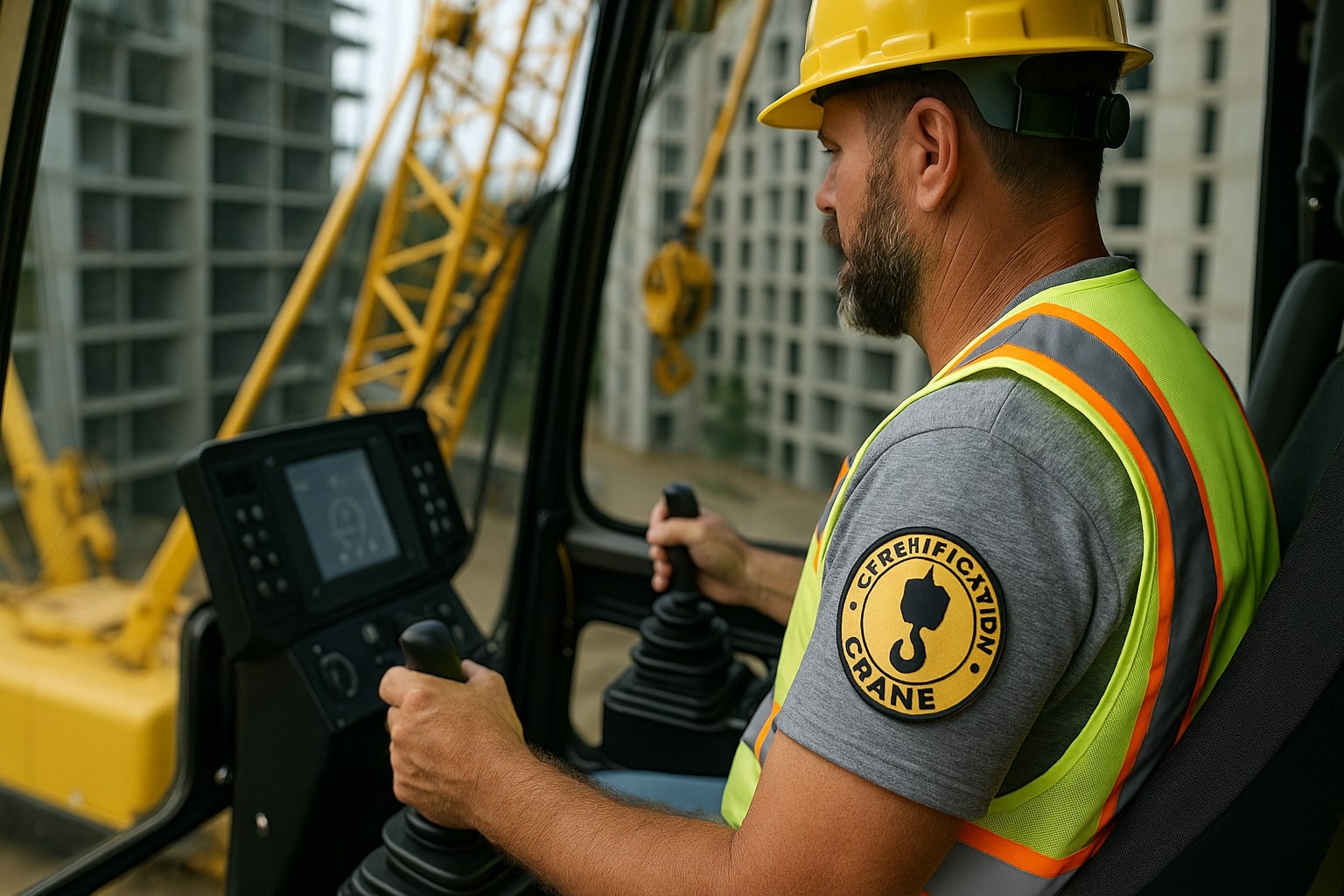
What Does NCCCO Certification Cover?
NCCCO offers written and practical exams tailored to various types of crane equipment. Certification is available for operators, signalpersons, riggers, and inspectors.
Popular NCCCO Programs Include:
| Certification Type | Description |
|---|---|
| Mobile Crane (TSS/TC) | Fixed Cab (TSS) and Swing Cab (TC) hydraulic cranes |
| Lattice Boom Cranes | Crawler and truck-mounted lattice boom crane operation |
| Tower Crane | Specialized certification for tower crane operators |
| Articulating Cranes | Includes knuckle boom and loader cranes |
| Signalperson & Rigger | Qualifies personnel to direct lifts and rig loads |
| Crane Inspector | Certification for professionals performing inspections |
Each program includes a written exam, practical exam, and ongoing recertification every 5 years.
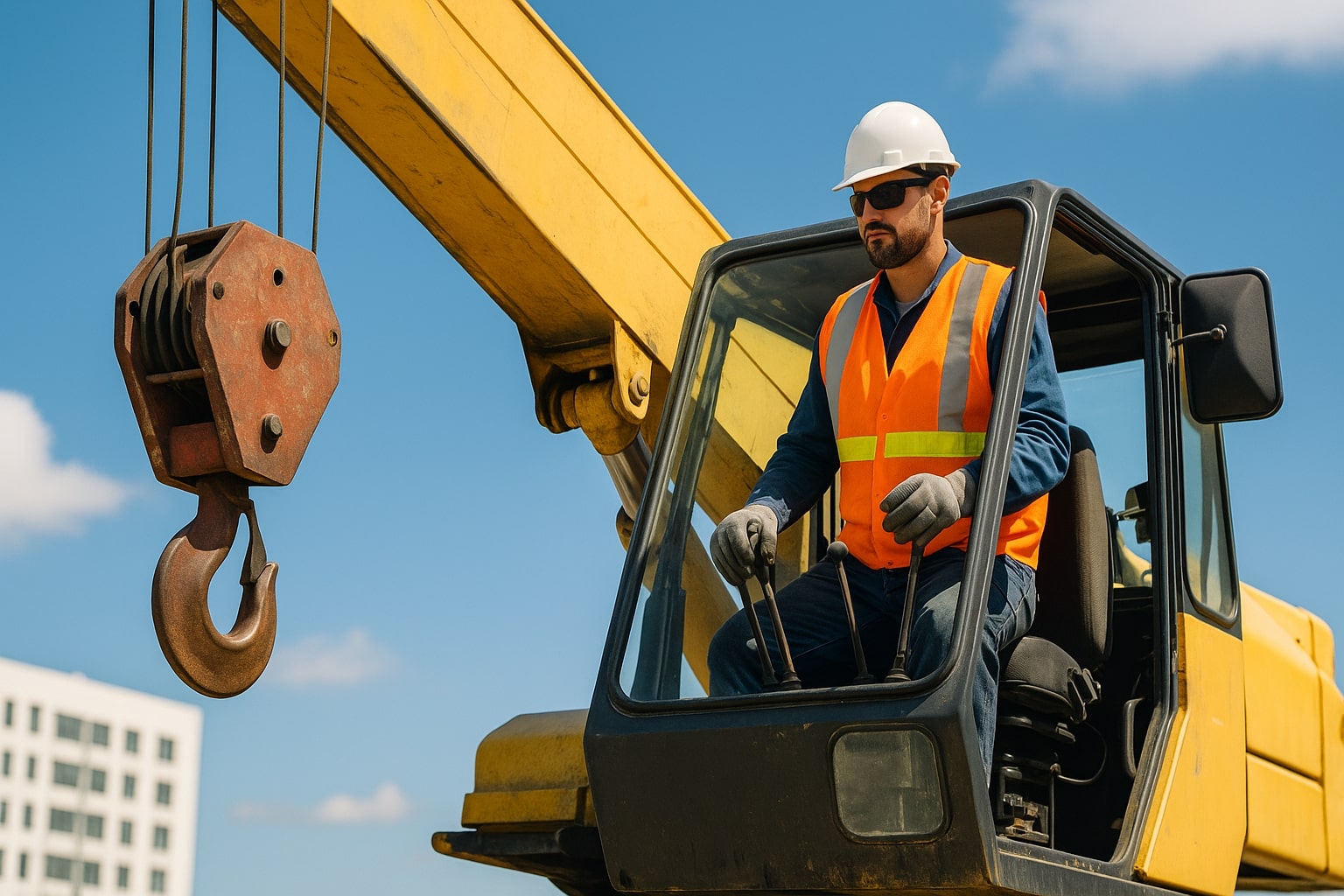
Why NCCCO Certification Matters
Holding an NCCCO card isn’t just about career advancement—it’s often a legal requirement.
Here’s why it matters:
- Meets OSHA 1926.1427 requirements for crane operator qualification
- Recognized nationwide by contractors, unions, and government agencies
- Ensures operator competence in real-world lifting scenarios
- Reduces jobsite liability by verifying skills
- Opens career opportunities for high-demand positions
Without NCCCO certification, operators may be barred from working on regulated job sites—and employers risk citations and job delays.
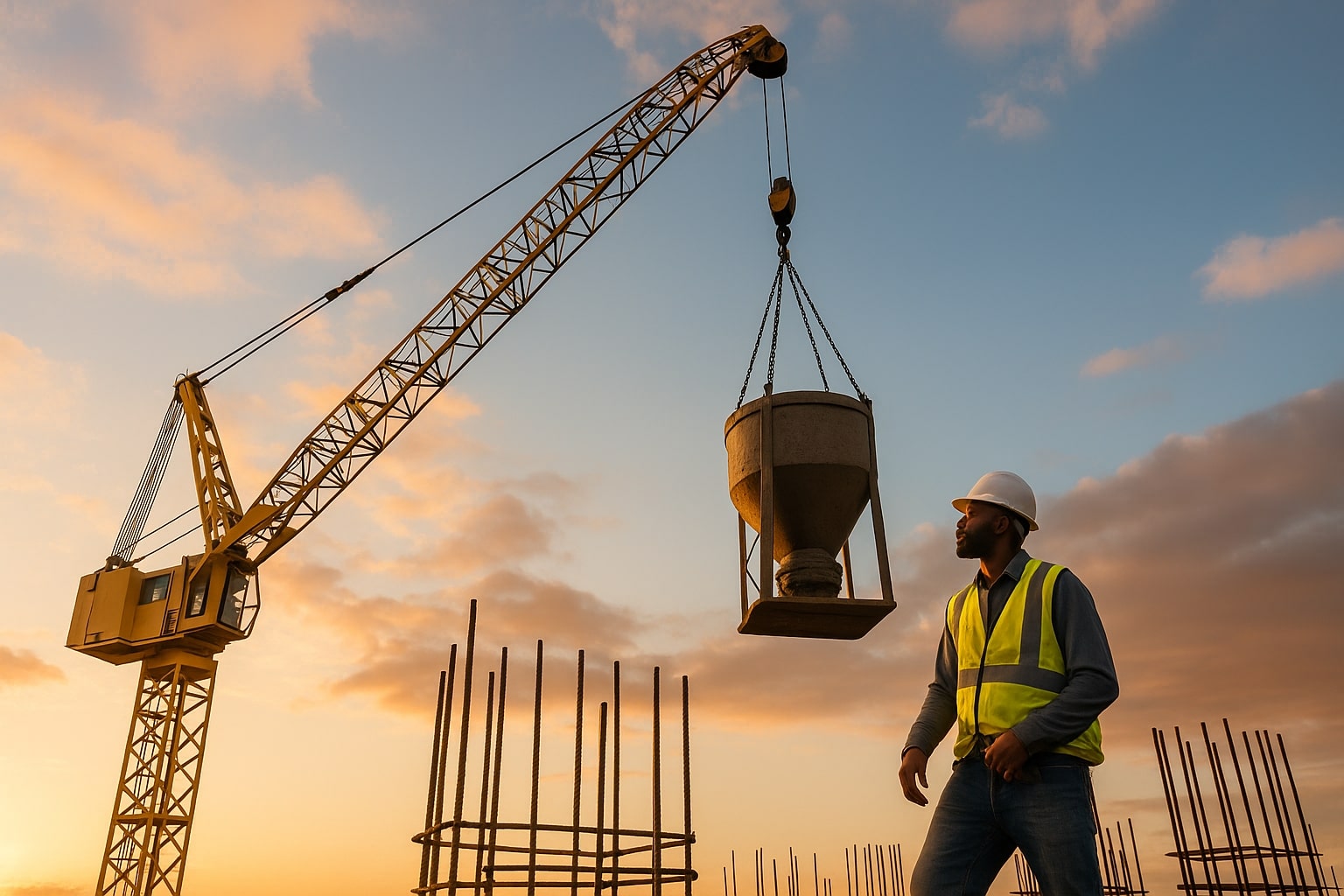
How Crane Safe LLC Helps You Get Certified
We make certification simple, stress-free, and accessible through our comprehensive NCCCO training and testing support.
Here’s how we help:
- NCCCO-approved instructors with real-world experience
- On-site and online prep courses for written exams
- Hands-on training with certified equipment for practical exams
- Practice exams and study materials
- Scheduling and registration support
- Group training options for employers
Whether you’re certifying for the first time or need to recertify, Crane Safe LLC has your back.
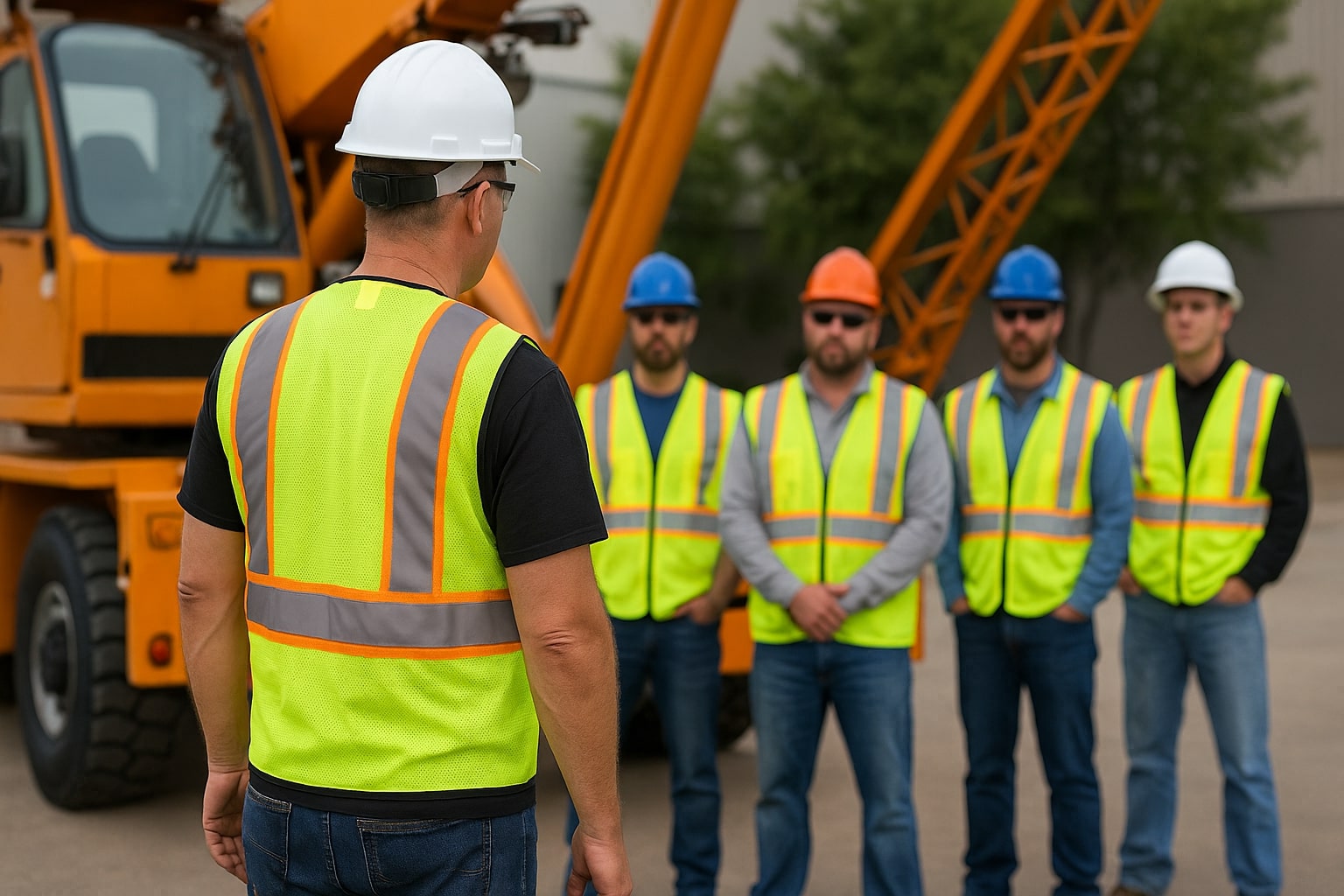
“We don’t just teach to the test—we teach for the field.”
Frequently Asked Questions
Is NCCCO certification required by law?
Yes—OSHA mandates accredited crane operator certification for most construction lifting operations involving equipment over 2,000 lbs capacity.
How long does NCCCO certification last?
Most certifications are valid for 5 years and require retesting or documented continued use to renew.
Can you help us get multiple operators certified at once?
Absolutely. We offer custom group training and test coordination for companies and job sites.
Learn More

ASME B30 Safety Codes
The American Society of Mechanical Engineers (ASME) sets industry-accepted technical safety standards like B30.5 for mobile cranes and B30.3 for tower cranes. These standards guide the safest crane operation practices in the field today.
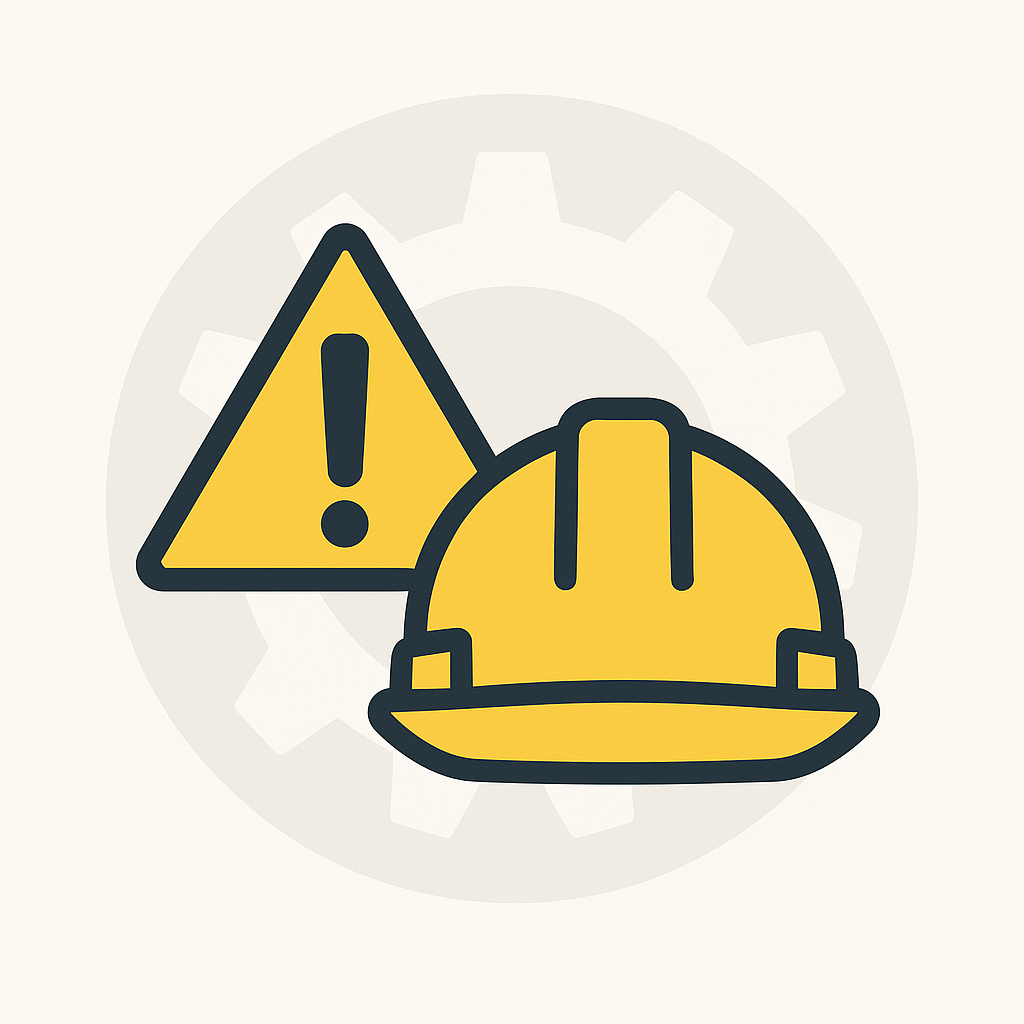
OSHA Regulations
OSHA enforces crane safety laws in the workplace, including operator certification, inspections, and hazard prevention. Noncompliance means fines or worse—accidents.
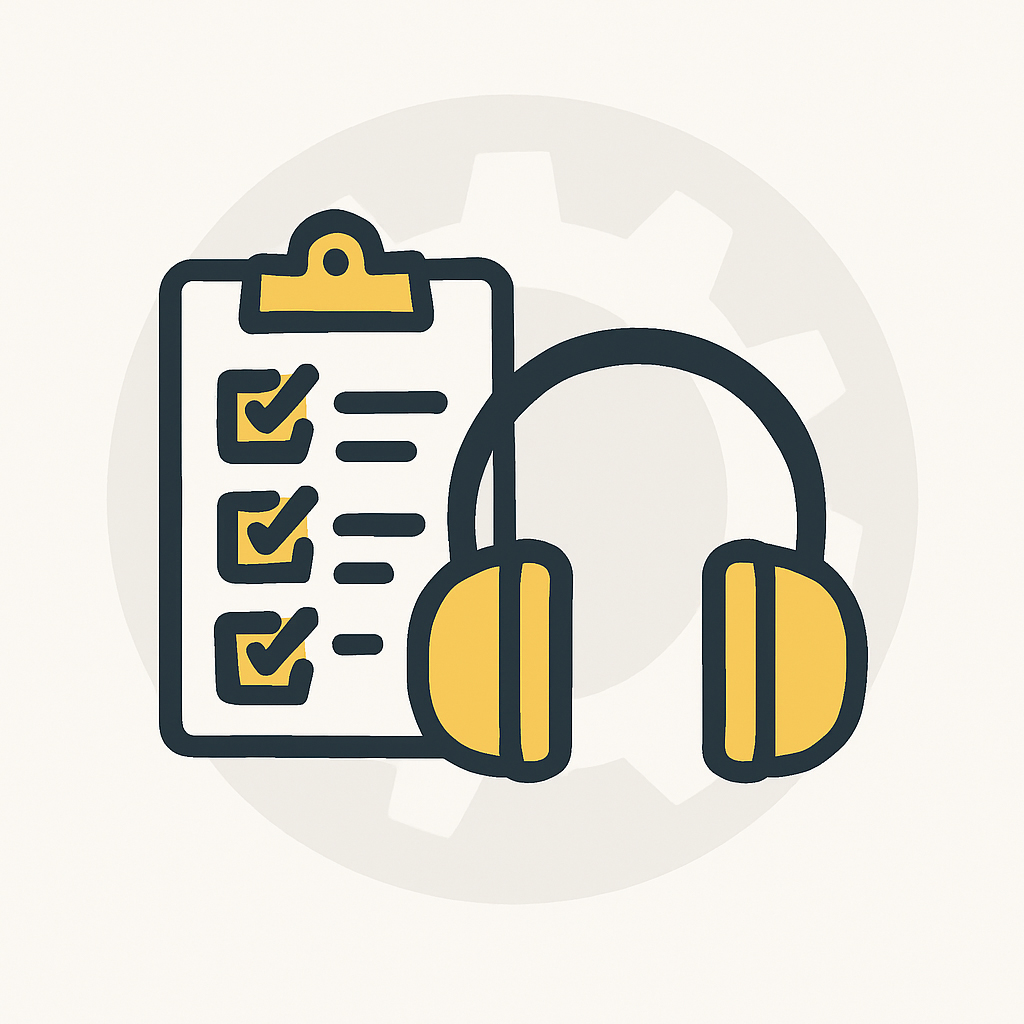
ANSI Guidelines
ANSI works with ASME to establish crane equipment standards that manufacturers and workplaces use. We break down what ANSI standards mean for your safety gear and operations.
